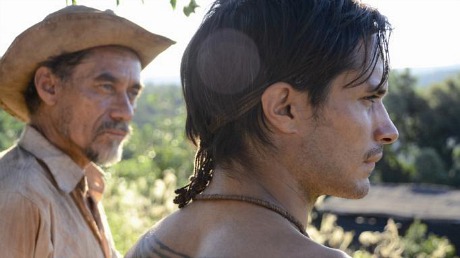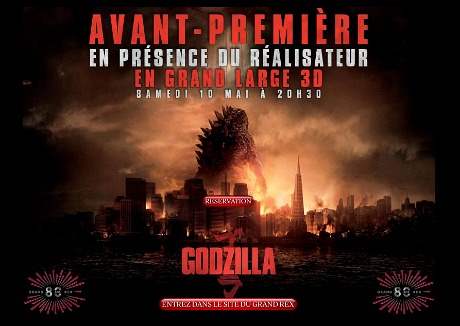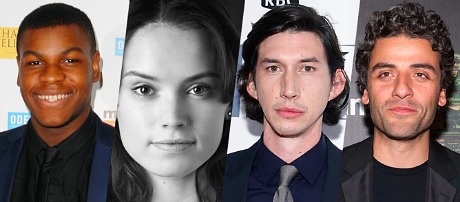The great Bob Hoskins has died from pneumonia at 71, two years after retiring from acting due to Parkinson’s disease. Hoskins’ 40-year career (his first role was in ’72) was blessed with a ten-year hot streak (1978 to 1988) that boiled down, if you want to be ruthless about it, to four landmark performances. His breakout role was the luckless Arthur Parker in Dennis Potter and Piers Haggard‘s British-produced Pennies From Heaven miniseries (six episodes). This, for me, was Hoskins’ “okay, wait a minute, who’s this guy?” role. Then came Harold Shand, an old-school East London gangster, in John Mackenzie‘s The Long Good Friday (’80) — one of the best blustery tough guys of the crime realm. And then his all-time finest performance as George, the downmarket lovestruck chauffeur in Neil Jordan‘s Mona Lisa (’86) — a performance that Hoskins should have won the Best Actor Oscar for (he lost to The Color of Money‘s Paul Newman) but which resulted in Golden Globe, BAFTA and Cannes Film Festival honors. His fourth and final great role was as feisty L.A. private dick Eddie Valiant in Robert Zemeckis‘ Who Framed Roger Rabbit? (’88) — his most famous performance and a necessarily broad and hammy one, but nowhere near the level of his Mona Lisa turn. His other performances were…well, okay. Hoskins was a solid, dependable craftsman. Thank God, fortune and serendipity for that brilliant ’80s run and for all the paychecks that followed. Condolences to family, friends and fans. 71 is a little early to check out.






